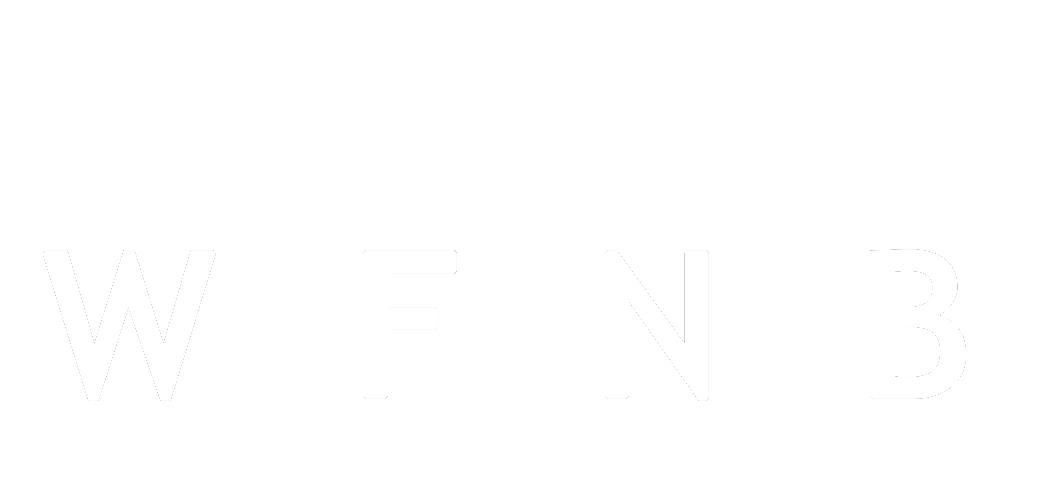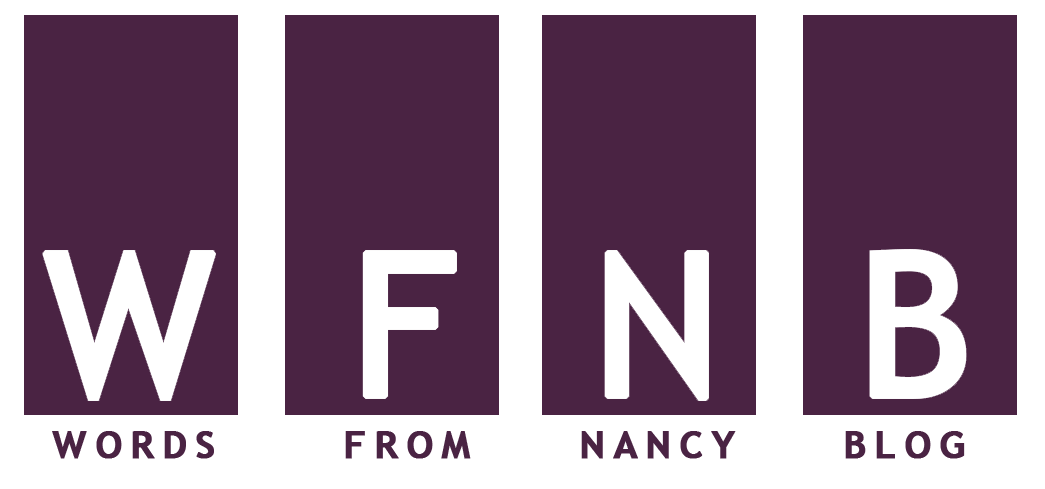NEW YORK, United States — Over the last week, hundreds of thousands of people have taken to the streets in the US and Europe to protest systemic racism and police brutality in the wake of the recent killings of George Floyd, Breonna Taylor and many more black Americans. The movement has brought further attention to the deeply embedded, systemic discrimination black people face in daily life.
The fashion world, a notoriously insular and elitist industry, is by no means immune. This week, there’s been an increase in frank conversation about racism in the workplace and beyond. Several former and current employees of websites and magazines took to social media to criticise publishers for sending messages in support of the movement, all the while allowing racism and discrimination within their own businesses.
One former communications manager at Meredith, who is queer and black, called out the magazine publisher for allegedly paying him less than his white co-workers while he was employed there for more than four years.
“Here’s @MeredithCorp’s statement against inequality from today,” read a tweet, attached with images of Meredith’s anti-racism statement and an email sent from the publicist to his former employer. “And here’s an email I sent to HR last year when my boss let it slip that I made less than my white counterparts (which I already knew), after a year long battle about my salary.”
A representative for Meredith declined to discuss the individual’s case, but told BoF that the company has implemented new measures over the last year, hiring a director of diversity and inclusion and conducting a pay equity audit.
“This week :BLACKPRINT, our Black employees group, hosted an important listening session so that we can better understand the experiences of Black employees at Meredith and what actions we currently need to take in the short and long term to create a more supportive workplace,” the representative said in an email.
My patience for performative allyship is over.
Similar accusations of pay inequality were made by former employees of Refinery29. The Vice-owned online publisher, which joined the chorus of brands issuing public statements of support of Black Lives Matter earlier this week, was accused of systematically mistreating its black female employees. “My patience for performative allyship is over,” wrote Ashley Alese Edwards, former deputy director of news and politics, on Twitter. “You know what real allyship looks like? Paying your Black employees fairly, having Black women in top leadership positions & addressing the microaggressions your Black employees deal with from management on a daily basis.” Edwards declined to comment for this story.
Edwards’ statement was echoed by multiple other Refinery29 employees, including Andrea González-Ramírez, former senior news and politics writer, who tweeted in “solidarity with my former coworkers of color” who she said are “being tone-policed, seeing others take credit for their work, being mixed up with another [woman of colour] who looks nothing like them” while working at the company.
Refinery29’s editorial staff union responded to Edwards’ statement on Twitter, adding that it has asked management “for immediate action at the highest level.”
In a statement shared by a representative for Refinery29, the publisher’s leaders said they heard the comments of former employees and would work to elevate underrepresented voices. “These changes will require a comprehensive look and assessment of ourselves, and we are committed to doing that work, along with our Vice Media Group teams, to make sure you see action and can hold us truly accountable,” read the statement.
Over the years, fashion’s consumer-facing marketing has become more diverse to reflect progressive youth culture. But internally, the industry remains overwhelmingly white. According to a 2019 survey by BoF, only around 30 percent of designers showing at London Fashion Week for Spring/Summer 2020 were non-white, a figure that was estimated to be just slightly higher — 34 percent — at New York Fashion Week. Most executive boards of media companies and fashion brands are also white, as are the top of most of the industry titles’ mastheads.
The lack of diversity is potentially driving people away from the industry. Michael Love Michael, a culture editor at Paper magazine, resigned from the New York-based publication this week citing “systemic racism, mistreatment, gaslighting, etc.”
They shared a resignation letter on Tuesday that was sent to the magazine’s staff — including Tom Florio, the chief executive of Paper’s parent company ENTtech Media Group — in response to a company-wide email sent by Florio in support of the protest movement.
“You losing your one Black staff writer/editor after 2.5 years of hard work, dedication, passion and service to a mountain of systemic issues within this company, I believe should be a lesson and a wake-up call,” wrote Michael in the email they shared on Twitter. “And yet, for just about a year, I’ve felt everything but irreplaceable. We know that American culture is Black culture. I have done my best and have felt like my concerns such as the expectation of more output in a pandemic, as well as my consistent voicing of my experience specifically as a Black person in this time going unheard.”
Florio apologised on Twitter on Thursday. “I owe it to them and all of you to make sure every member of our team, from every background, feels valued and appreciated — not just with words but with actions. I am currently working on that in collaboration with the Paper team.”




